Overview & Depth
Assessment criteria for public examinations (at A-level and GCSE) require students to study history at different scales of resolution. Sometimes they are required to adopt a wide vantage point that allows them to survey a long sweep of time, making it possible to see the prevailing trends and turning points. On other occasions they are required to zoom in close, focusing on a much shorter time-span, with scope to examine the lives of individuals and particular groups of people. The materials in this section deal with the distinctive characteristics of schemes of work operating at these different levels and also prompt teachers to consider how overview and depth studies can best be combined and sequenced at Key Stage 3 – helping students to develop more coherent frameworks on which to build their own ‘big pictures’ of the past. Read more
-

The role of takeaways in shaping a history curriculum
ArticleClick to view -

‘Compressing and rendering’: using biography to teach big stories
ArticleClick to view -

Short cuts to deep knowledge
ArticleClick to view -

Cunning Plan 186: teaching Samurai Japan in Key Stage 3
ArticleClick to view -

Using individuals’ stories to help GCSE students to explain change and causation
ArticleClick to view -

Cunning Plan 179: using TV producers’ techniques to make the most effective use of retrieval practice
ArticleClick to view -
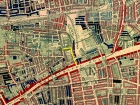
Using an anthology of substantial sources at GCSE
ArticleClick to view -

Making reading routine
ArticleClick to view -

Structuring a history curriculum for powerful revelations
ArticleClick to view -

Acquainted or intimate? Background knowledge and subsequent learning
ArticleClick to view -

Of the many significant things that have ever happened, what should we teach?
ArticleClick to view -

Putting Catlin in his place?
ArticleClick to view -

Cunning Plan 163.1: GCSE Thematic study
ArticleClick to view -

Exploring big overviews through local depth
ArticleClick to view -

Historical Perspective & 'Big History'
ArticleClick to view -
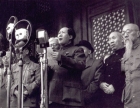
Transforming Year 11's conceptual understanding of change
ArticleClick to view -
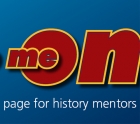
Move Me On 157: Getting knowledge across
ArticleClick to view -

New, Novice or Nervous? 157: Teaching Overview
ArticleClick to view -
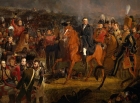
Assessing the Battle of Waterloo in the classroom
ArticleClick to view -
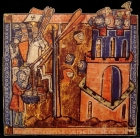
Getting medieval (and global) at Key Stage 3
ArticleClick to view

